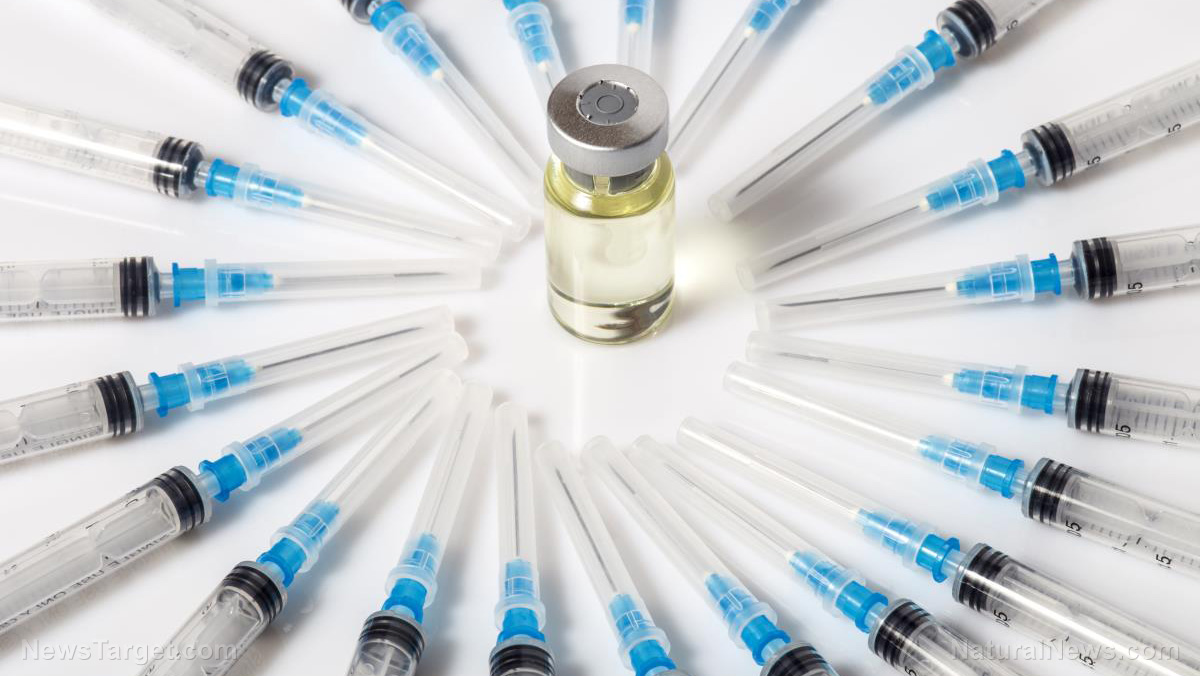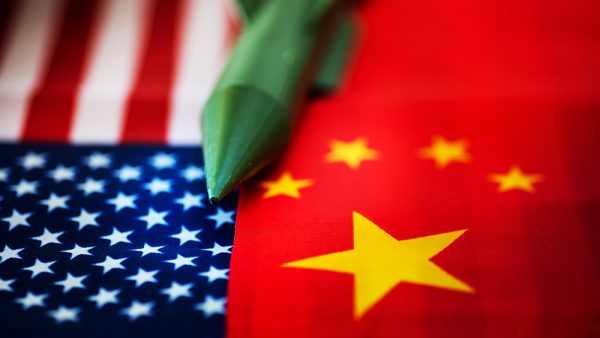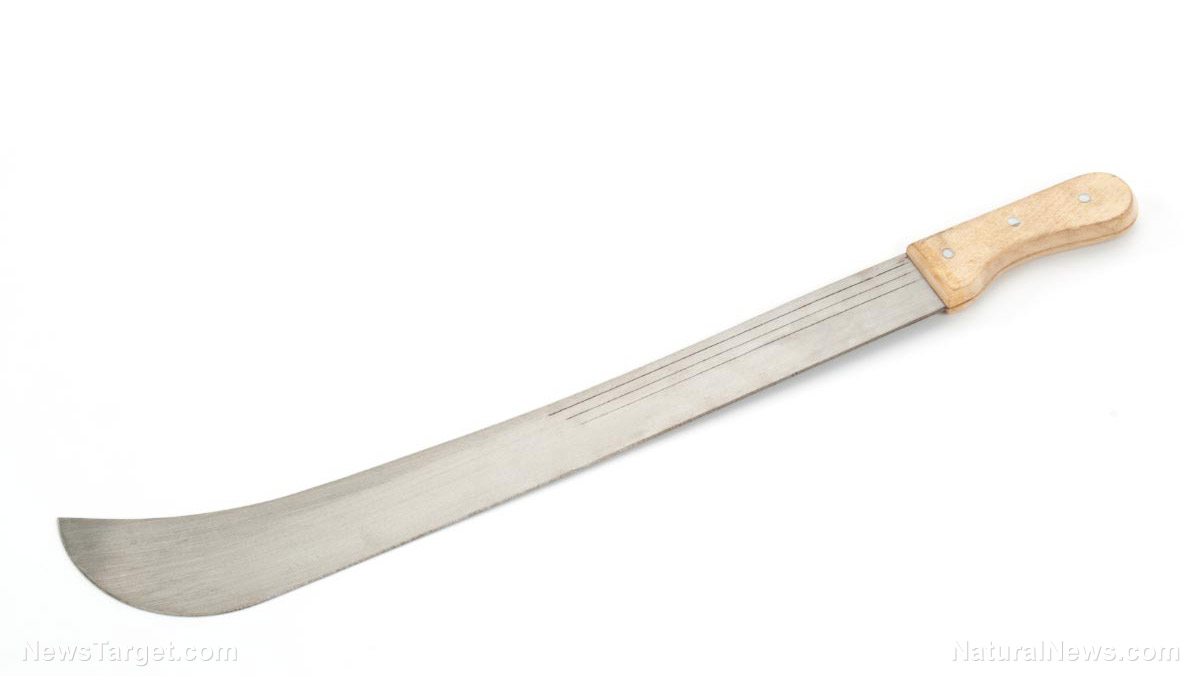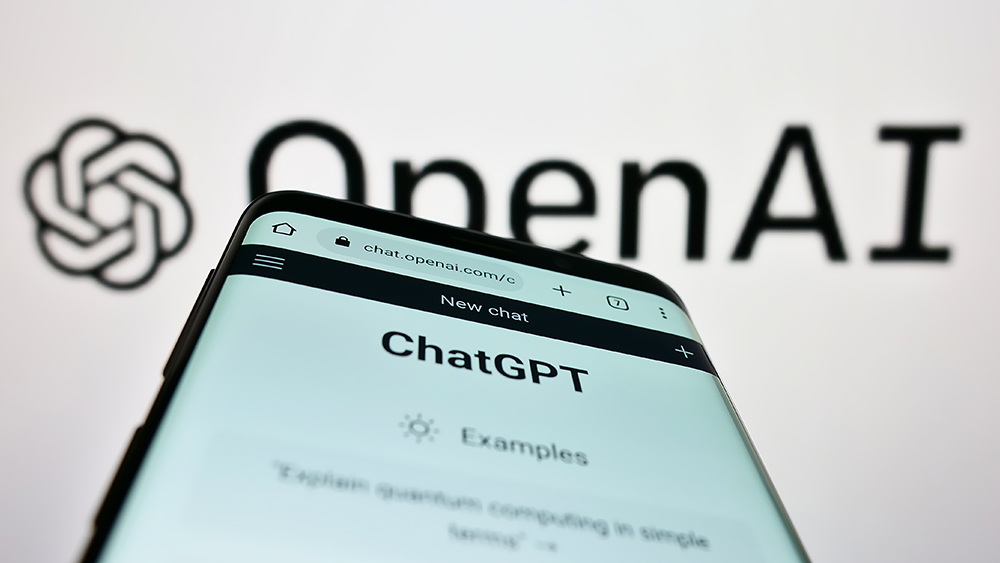 Parler
Parler Gab
Gab
- The End the Vaccine Carveout Act was introduced in Congress on July 23 by Rep. Paul Gosar (R-AZ), aiming to remove liability protections for vaccine manufacturers and potentially expose them to numerous lawsuits over alleged injuries.
- The bill seeks to amend the National Childhood Vaccine Injury Act of 1986, which currently shields manufacturers from most vaccine injury lawsuits. This act was originally enacted to ensure a stable vaccine supply by limiting manufacturers' liability.
- The proposed legislation would allow individuals to bypass the National Vaccine Injury Compensation Program and file civil suits directly against manufacturers in state or federal court. This change would eliminate the current requirement for claimants to exhaust administrative remedies before seeking judicial relief.
- Supporters argue that the bill will increase accountability by allowing injured individuals to seek legal justice and compensation. Opponents, including industry analysts, warn that it could lead to increased litigation costs, potential disruptions in vaccine production and reduced public health outcomes.
- The bill's introduction comes amid scrutiny of public confidence in vaccines, particularly following the COVID-19 pandemic.
Support and Opposition
Support for the bill has come from various advocacy groups, including the nonprofit Children's Health Defense. Mary Holland, the organization's president, expressed strong support for the legislation, stating that it would ensure vaccines are held to the highest standards of safety and effectiveness. "This is exactly what we need to ensure that vaccines are as safe as possible," Holland said in a statement. On the other hand, the pharmaceutical industry has remained largely silent on the matter. PhRMA, a trade group representing vaccine manufacturers, did not respond to a request for comment. However, industry analysts suggest that manufacturers are likely concerned about the potential impact on their businesses. Historically, the pharmaceutical industry has argued that liability protections are essential to encourage innovation and investment in vaccine development. They contend that without these protections, manufacturers might be less inclined to produce vaccines, which could lead to shortages and reduced public health outcomes. The End the Vaccine Carveout Act represents a significant shift in the approach to vaccine liability. If passed, it could have far-reaching implications for both the pharmaceutical industry and public health. While proponents argue that it will enhance accountability and safety, opponents warn of potential disruptions to vaccine supply and increased litigation. Watch the video below that talks about how childhood vaccines have not gone through safety trials. This video is from The People Of The Qur'an (TPQ) channel on Brighteon.com.More related stories:
New study links children's COVID vaccines to autoimmune risks as HHS halts routine recommendations. Vaccine data in Japan reveals deadly trend: Deaths PEAK with each COVID jab – unvaccinated protected and vindicated. FDA limits COVID-19 vaccine approvals to elderly and high-risk groups, but millions still eligible.Sources include:
TheEpochTimes.com Congress.gov Gosar.House.gov Brighteon.comChina rapidly expanding its NUCLEAR ARSENAL, seeks to dominate Asia by 2035
By Ava Grace // Share
Australia’s Victoria state urges citizens to surrender their MACHETES or face punishment
By Ramon Tomey // Share
U.K.’s new bank surveillance laws threaten privacy, spark outcry as fraud “crackdown” advances
By Willow Tohi // Share
Trump revives Presidential Fitness Test to “Make America Active Again”
By Laura Harris // Share
Supposedly “private” ChatGPT conversations LEAKED in Google Search
By Ava Grace // Share
Russian drone found at NATO military site in Lithuania: A provocation or misfire?
By Belle Carter // Share
Governments continue to obscure COVID-19 vaccine data amid rising concerns over excess deaths
By patricklewis // Share
Tech giant Microsoft backs EXTINCTION with its support of carbon capture programs
By ramontomeydw // Share
Germany to resume arms exports to Israel despite repeated ceasefire violations
By isabelle // Share









